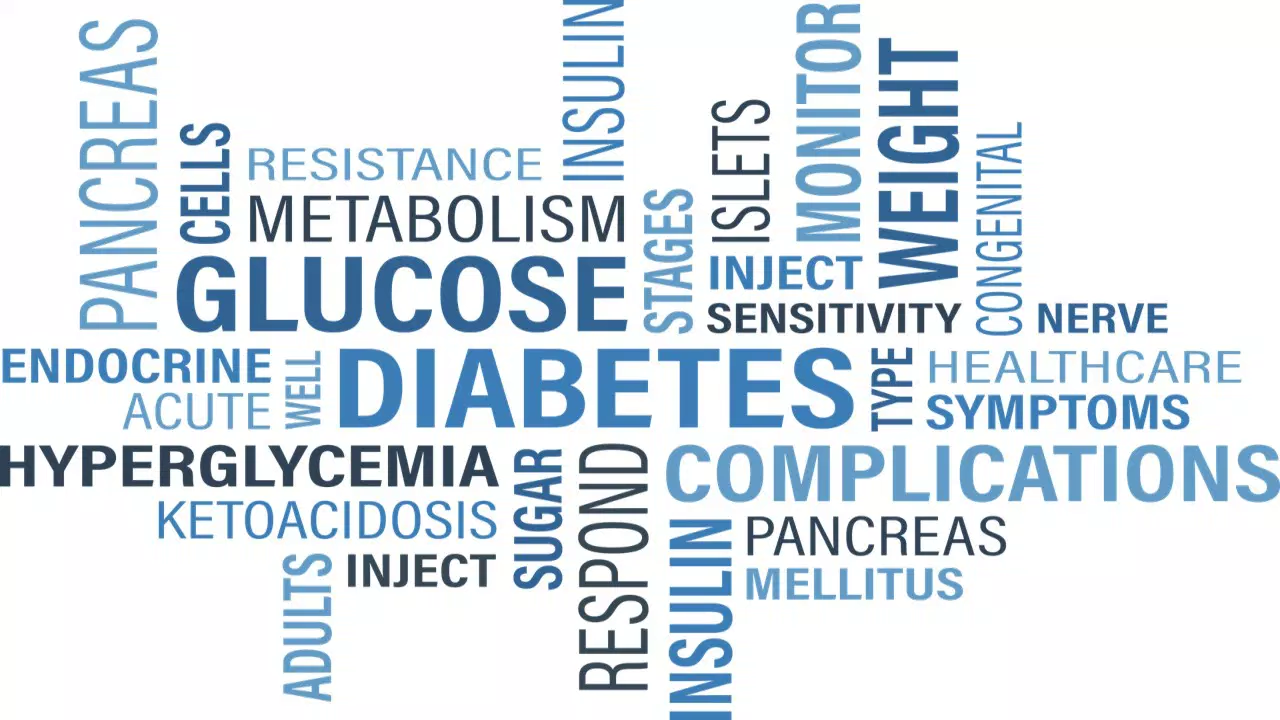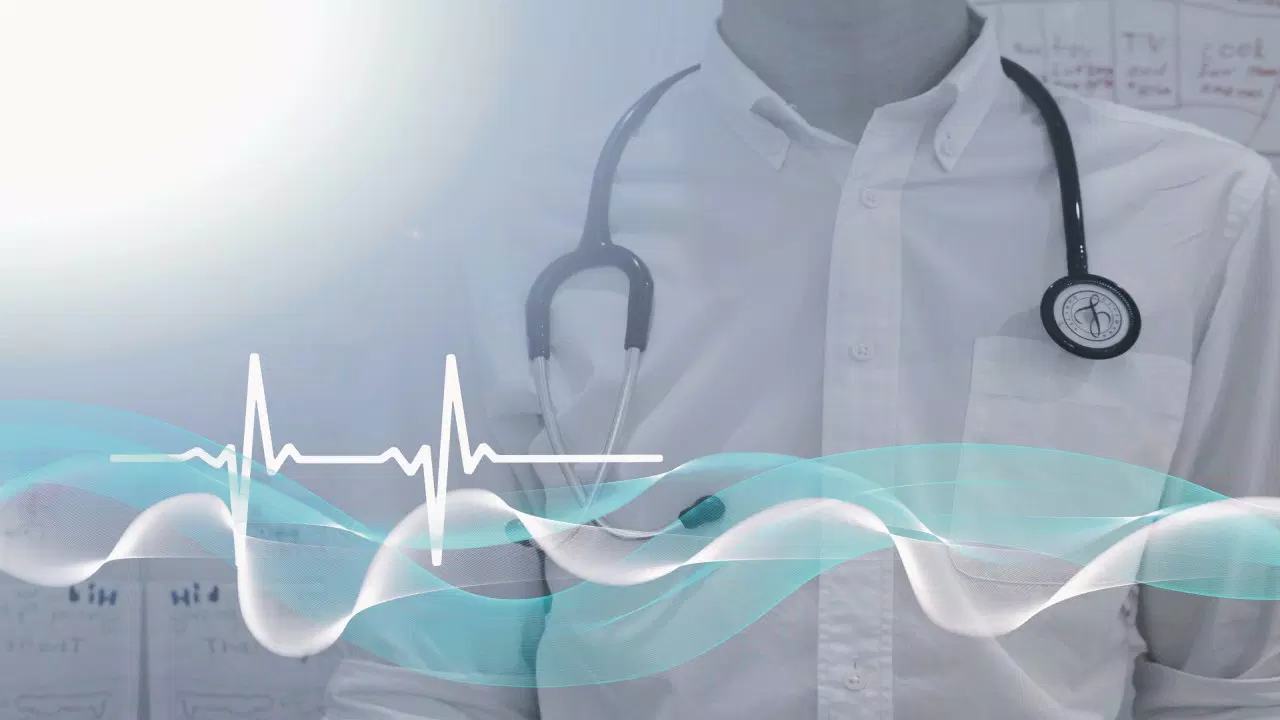Healthcare is an ever-evolving field that demands highly trained professionals to cater to the changing needs of society. Healthcare education plays a
Healthcare is an ever-evolving field that demands highly trained professionals to cater to the changing needs of society. Healthcare education plays a critical role in ensuring the availability of skilled and knowledgeable professionals in the industry. As we approach the year 2023, the healthcare industry will undergo significant transformations, and healthcare education will have to adapt to these changes.
Introduction

The healthcare industry has always been a dynamic field that keeps evolving with new technologies, treatments, and therapies. Healthcare education is the foundation on which this industry stands, and it has to keep up with the changing needs of society. The year 2023 will bring a lot of changes to the healthcare industry, and healthcare education will have to adapt to these changes. This article will explore the future of healthcare education in 2023 and how it will affect the healthcare industry.
The Impact of Technology on Healthcare Education
Technology has revolutionized the healthcare industry, and it will continue to do so in the coming years. In 2023, healthcare education will have to incorporate the latest technologies in its curriculum to produce highly skilled professionals. The use of virtual reality, augmented reality, and simulation technologies will enhance the learning experience of healthcare students. These technologies will provide a practical understanding of the healthcare industry, and students will be better prepared to handle real-life situations.
The Importance of Interprofessional Education
The healthcare industry is a collaborative field that demands professionals to work together to provide the best patient care. In 2023, healthcare education will have to emphasize interprofessional education to produce professionals who can work in a team. Interprofessional education will provide students with the opportunity to work with other healthcare professionals, such as physicians, nurses, and therapists. This collaboration will enhance their problem-solving skills, communication skills, and team dynamics.
The Need for Soft Skills in Healthcare Education
The healthcare industry demands professionals who possess not only technical skills but also soft skills. Soft skills are essential for healthcare professionals to provide excellent patient care. In 2023, healthcare education will have to incorporate soft skills training in its curriculum to produce well-rounded professionals. These skills include communication, empathy, critical thinking, and leadership. Healthcare students will need to learn how to communicate effectively with patients, understand their emotions, and provide them with personalized care.
The Importance of Cultural Competency in Healthcare Education
The healthcare industry caters to a diverse population with different cultural backgrounds. In 2023, healthcare education will have to emphasize cultural competency in its curriculum to produce professionals who can provide culturally sensitive care. Cultural competency training will help healthcare students to understand the cultural beliefs and values of their patients. This knowledge will enable them to provide personalized care and build a rapport with their patients.
The Role of Continuing Education in Healthcare
The healthcare industry is continuously evolving, and professionals need to keep up with the latest advancements to provide the best patient care. In 2023, healthcare education will have to emphasize continuing education to produce professionals who are up-to-date with the latest advancements in their field. Continuing education will provide healthcare professionals with the opportunity to expand their knowledge, acquire new skills, and stay updated with the latest technologies and treatments.
The Importance of Ethics in Healthcare Education
The healthcare industry demands professionals who possess strong ethical values and principles. In 2023, healthcare education will have to emphasize ethics in its curriculum to produce professionals who can provide ethical patient care. Ethics training will help healthcare students to understand the ethical principles of the healthcare industry, such as autonomy, beneficence, non-maleficence, and justice. This knowledge will enable them to make ethical decisions when providing patient care.
The Future
The future of healthcare, education is bright and promising. The changes in the healthcare industry will demand highly skilled professionals who possess both technical and soft skills. Healthcare education will have to adapt to these changes and provide students with the necessary knowledge and skills to succeed in the industry. The use of technology, interprofessional education, soft skills training, cultural competency, continuing education, and ethics training will shape the future of healthcare education.
FAQs
What is healthcare education?
Healthcare education is the foundation on which the healthcare industry stands. It provides students with the necessary knowledge and skills to become healthcare professionals.
What are the important skills required for healthcare professionals?
Healthcare professionals require both technical and soft skills to succeed in the industry. Technical skills include clinical knowledge, while soft skills include communication, empathy, critical thinking, and leadership.
Why is interprofessional education important in healthcare education?
Interprofessional education is important in this kind of education because it provides students with the opportunity to work with other healthcare professionals, such as physicians, nurses, and therapists. This collaboration enhances their problem-solving skills, communication skills, and team dynamics.
What is cultural competency in healthcare education?
Cultural competency in education is the ability to understand the cultural beliefs and values of patients from different cultural backgrounds. This knowledge enables healthcare professionals to provide personalized care and build a rapport with their patients.
Why is Ethics training important in healthcare education?
Ethics training is important in this type of education because it enables healthcare professionals to make ethical decisions when providing patient care. Ethical principles, such as autonomy, beneficence, non-maleficence, and justice, are essential in the healthcare industry.

Conclusion
In conclusion, healthcare education in 2023 will undergo significant transformations to cater to the changing needs of the healthcare industry. The incorporation of the latest technologies, interprofessional education, soft skills training, cultural competency, continuing education, and ethics training will produce highly skilled professionals who can provide excellent patient care. Healthcare education will play a critical role in shaping the future of the healthcare industry and it must adapt to these changes to produce well-rounded professionals.
